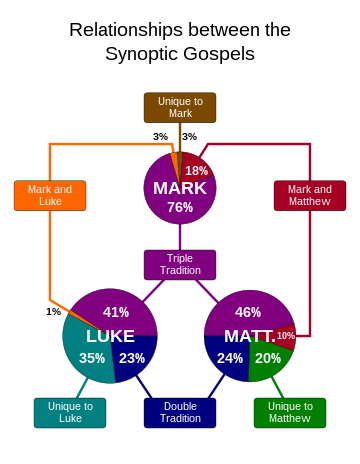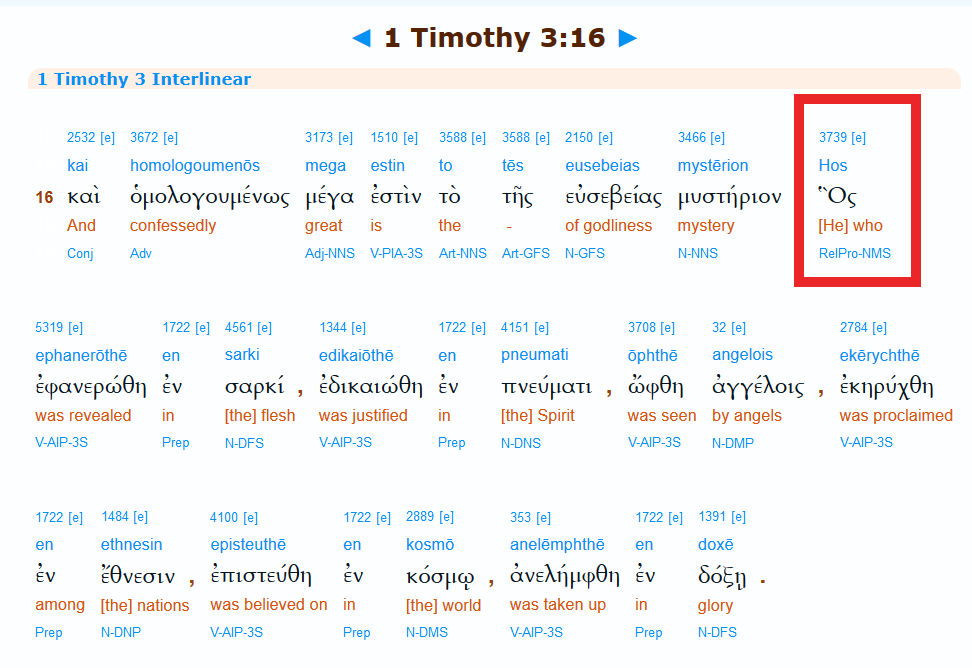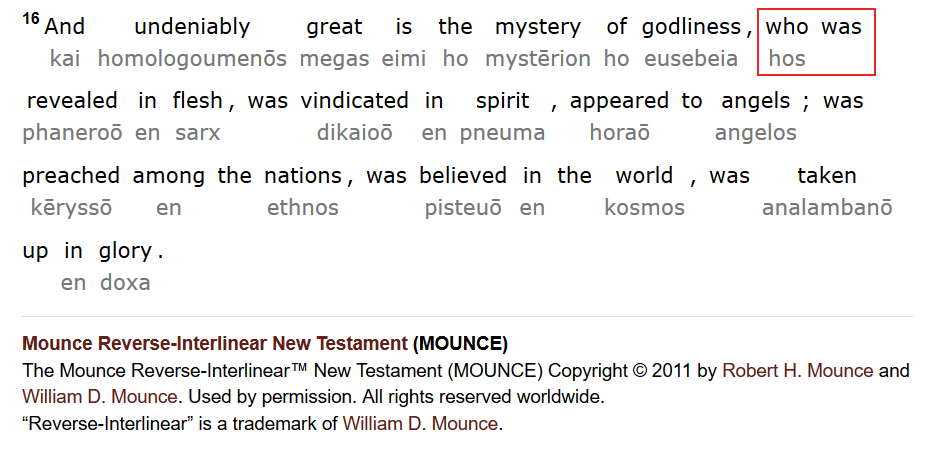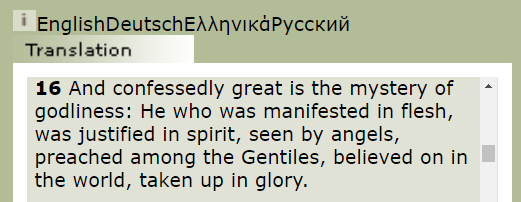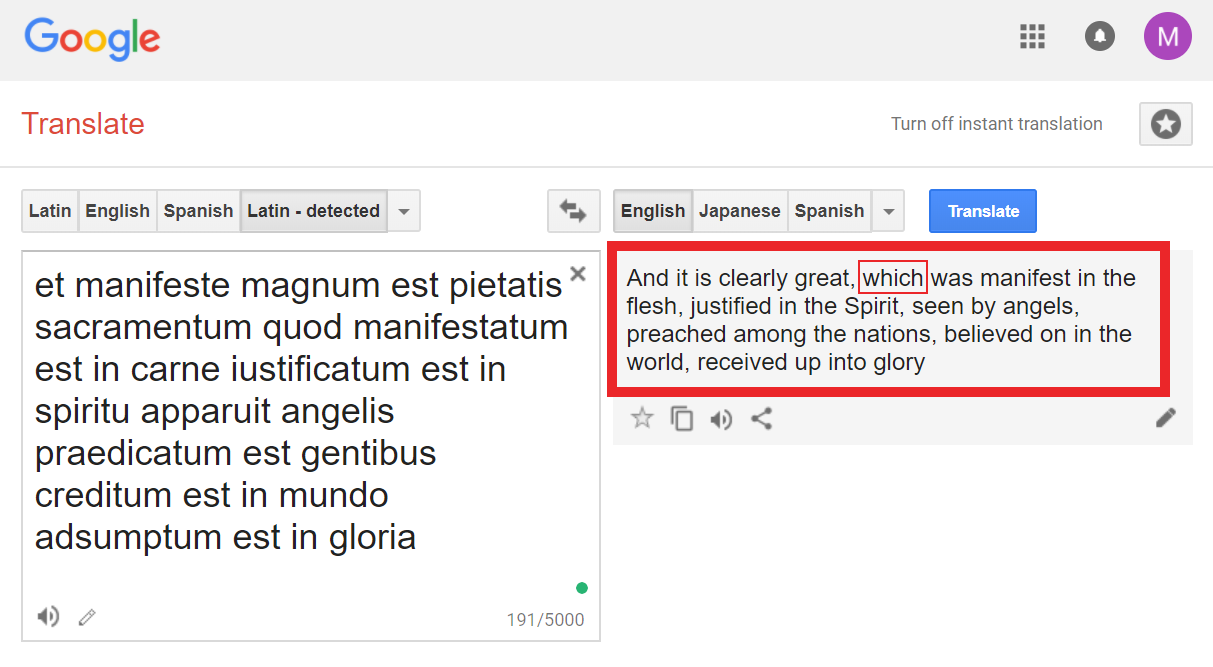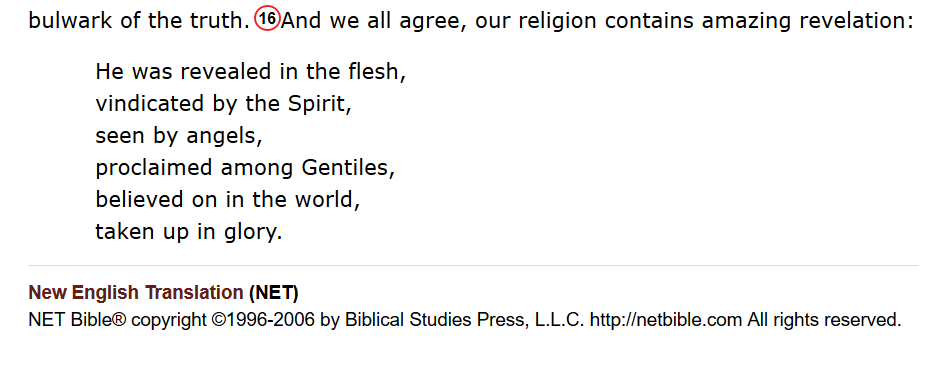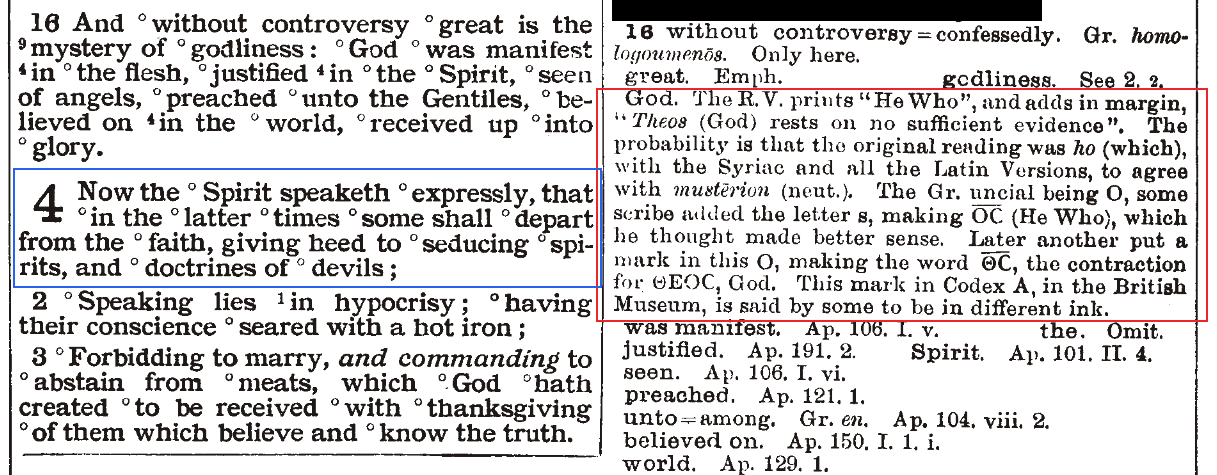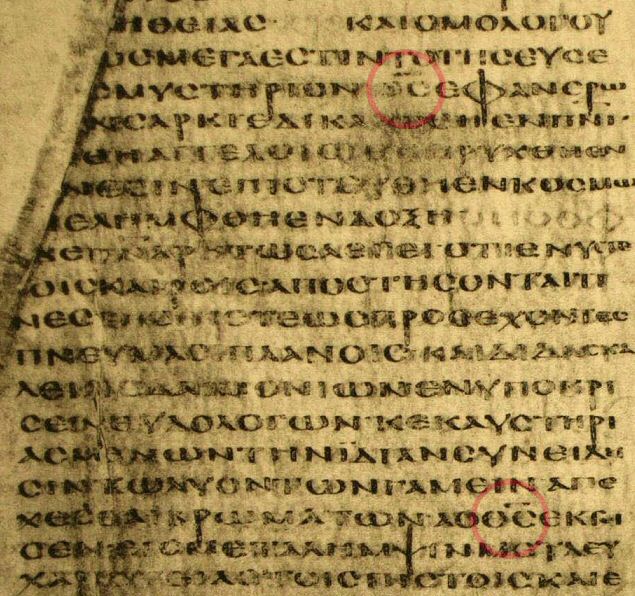CG Didymus
Veteran Member
I didn't see much of an explanation in SAQ about the first "Woe". If Abdul Baha didn't explain the meaning of the verses, then who did and why should they be trusted as accurate? Here is the verses about the first Woe again and how exactly does this have anything to do with Muhammad?The seven trumpets are described in Revelation 8 and Revelation 9:1-19. There are further references in Revelation 11:15-19. The seven trumpets are closely associated with the seventh seal judgments. The first four are tribulations that affect the early Christian Church until the advent of the Islamic Dispensation in 622 AD.
Following the fourth trumpet judgment, John describes an eagle flying through the air. This eagle cries out, “Woe! Woe! Woe to the inhabitants of the earth, because of the trumpet blasts about to be sounded by the other three angels” (Revelation 8:13). So its only the fifth, sixth, and seventh trumpets that are referred to as the three woes. These three woes are associated with the Islamic, Babi, and Baha'i dispensations.
The fifth trumpet or first woe is particularly dramatic as it concerns events that will unfold through the Islamic dispensation from 622 AD until the advent of the Bab 1844. There are of course references to events in Christendom during that period, not just Islam.
So the trumpet blasts five, six and seven are associated with the three woes and a new Manifestation of God. The trumpet blasts one to four are associated with tribulations of the Christian church prior to Islam. These tribulations are not associated with the three woes or the advent of a new Manifestation of God.
Rev 9 And the fifth angel sounded, and I saw a star fall from heaven unto the earth: and to him was given the key of the bottomless pit.
2 And he opened the bottomless pit; and there arose a smoke out of the pit, as the smoke of a great furnace; and the sun and the air were darkened by reason of the smoke of the pit.
3 And there came out of the smoke locusts upon the earth: and unto them was given power, as the scorpions of the earth have power.
4 And it was commanded them that they should not hurt the grass of the earth, neither any green thing, neither any tree; but only those men which have not the seal of God in their foreheads.
5 And to them it was given that they should not kill them, but that they should be tormented five months: and their torment was as the torment of a scorpion, when he striketh a man.
6 And in those days shall men seek death, and shall not find it; and shall desire to die, and death shall flee from them.
7 And the shapes of the locusts were like unto horses prepared unto battle; and on their heads were as it were crowns like gold, and their faces were as the faces of men.
8 And they had hair as the hair of women, and their teeth were as the teeth of lions.
9 And they had breastplates, as it were breastplates of iron; and the sound of their wings was as the sound of chariots of many horses running to battle.
10 And they had tails like unto scorpions, and there were stings in their tails: and their power was to hurt men five months.
11 And they had a king over them, which is the angel of the bottomless pit, whose name in the Hebrew tongue is Abaddon, but in the Greek tongue hath his name Apollyon.
12 One woe is past; and, behold, there come two woes more hereafter.
Abdul Baha uses Ezekiel 30:1-3 to show how the "Woe" is the coming of the Lord... But in context it is about Egypt.
Ezekiel 30 The word of the Lord came again unto me, saying,
2 Son of man, prophesy and say, Thus saith the Lord God; Howl ye, Woe worth the day!
3 For the day is near, even the day of the Lord is near, a cloudy day; it shall be the time of the heathen.
4 And the sword shall come upon Egypt, and great pain shall be in Ethiopia, when the slain shall fall in Egypt, and they shall take away her multitude, and her foundations shall be broken down.
5 Ethiopia, and Libya, and Lydia, and all the mingled people, and Chub, and the men of the land that is in league, shall fall with them by the sword.
6 Thus saith the Lord; They also that uphold Egypt shall fall; and the pride of her power shall come down: from the tower of Syene shall they fall in it by the sword, saith the Lord God.
7 And they shall be desolate in the midst of the countries that are desolate, and her cities shall be in the midst of the cities that are wasted.
8 And they shall know that I am the Lord, when I have set a fire in Egypt, and when all her helpers shall be destroyed.
9 In that day shall messengers go forth from me in ships to make the careless Ethiopians afraid, and great pain shall come upon them, as in the day of Egypt: for, lo, it cometh.
10 Thus saith the Lord God; I will also make the multitude of Egypt to cease by the hand of Nebuchadrezzar king of Babylon.
11 He and his people with him, the terrible of the nations, shall be brought to destroy the land: and they shall draw their swords against Egypt, and fill the land with the slain.
2 Son of man, prophesy and say, Thus saith the Lord God; Howl ye, Woe worth the day!
3 For the day is near, even the day of the Lord is near, a cloudy day; it shall be the time of the heathen.
4 And the sword shall come upon Egypt, and great pain shall be in Ethiopia, when the slain shall fall in Egypt, and they shall take away her multitude, and her foundations shall be broken down.
5 Ethiopia, and Libya, and Lydia, and all the mingled people, and Chub, and the men of the land that is in league, shall fall with them by the sword.
6 Thus saith the Lord; They also that uphold Egypt shall fall; and the pride of her power shall come down: from the tower of Syene shall they fall in it by the sword, saith the Lord God.
7 And they shall be desolate in the midst of the countries that are desolate, and her cities shall be in the midst of the cities that are wasted.
8 And they shall know that I am the Lord, when I have set a fire in Egypt, and when all her helpers shall be destroyed.
9 In that day shall messengers go forth from me in ships to make the careless Ethiopians afraid, and great pain shall come upon them, as in the day of Egypt: for, lo, it cometh.
10 Thus saith the Lord God; I will also make the multitude of Egypt to cease by the hand of Nebuchadrezzar king of Babylon.
11 He and his people with him, the terrible of the nations, shall be brought to destroy the land: and they shall draw their swords against Egypt, and fill the land with the slain.
But this is what Abdul Baha says in SAQ:
The explanation of this subject, woe, is mentioned in the thirtieth chapter of Ezekiel, where it is said: “The word of the Lord came again unto me, saying, Son of man, prophesy and say, Thus saith the Lord God; Howl ye, Woe worth the day! For the day is near, even the day of the Lord is near.” 23
Therefore, it is certain that the day of woe is the day of the Lord; for in that day woe is for the neglectful, woe is for the sinners, woe is for the ignorant. That is why it is said, “The second woe is past; behold the third woe cometh quickly!” This third woe is the day of the manifestation of Bahá’u’lláh, the day of God; and it is near to the day of the appearance of the Báb.
He's your infallible guy. How do you defend him taking those verses out of context? Or, because he is infallible, he knows what Ezekiel really meant by those words?Therefore, it is certain that the day of woe is the day of the Lord; for in that day woe is for the neglectful, woe is for the sinners, woe is for the ignorant. That is why it is said, “The second woe is past; behold the third woe cometh quickly!” This third woe is the day of the manifestation of Bahá’u’lláh, the day of God; and it is near to the day of the appearance of the Báb.

